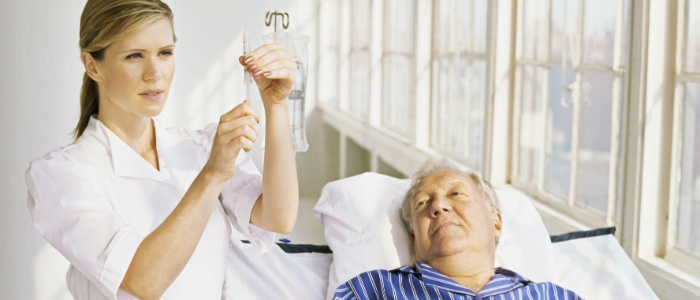 “Is this going to hurt?” Nurses have been asked the question time and time again. When it comes to easing patient anxiety, the responsibility usually falls on nursing professionals.
“Is this going to hurt?” Nurses have been asked the question time and time again. When it comes to easing patient anxiety, the responsibility usually falls on nursing professionals.
However, advances in medical technology have led to a reduction in inpatient surgery and a rise in day-case procedures. This means nurses are treating more patients each day and have limited time to spend easing patient anxiety.
The Power of Compassion
The good news is, even in today’s fast-paced health care environment, nurses can provide patient comfort solutions in a matter of seconds.
5 quick tips to ease patient anxiety:
- Take deep breaths before interacting with patients to maintain a calm, positive demeanor.
- Fully explain even routine procedures.
- Make sure to ask if patients have any questions.
- Answer their questions honestly while maintaining eye contact. Don’t try to multitask!
- Take steps to ease patient pain like using a topical anesthetic skin refrigerant.
Topical anesthetic skin refrigerants reduce the pain associated with needle or minor surgical procedures. And while some products can take up to 20 minutes to take effect, Gebauer’s Pain Ease® works instantly. When patients see a nurse administer the product and feel the cooling sensation on their skin, they know every effort is being made to reduce their pain.
As practicing nurses treat more patients each day, dedicating a few seconds to show patients compassion means less anxious patients, happier nurses and a healthier medical environment.








